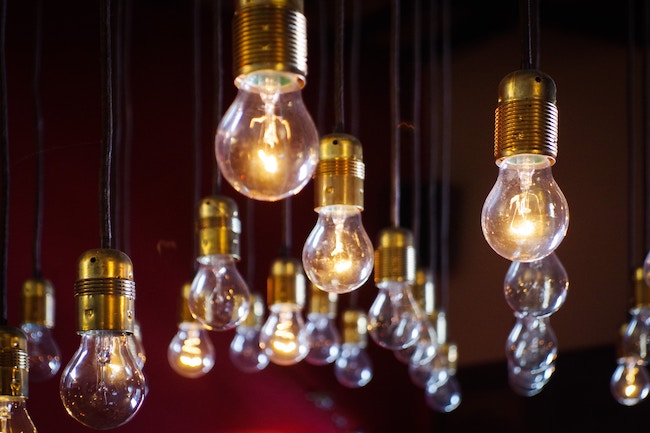 A man helped his blind friend to find his way home, protecting him from stumbling along the road. When they eventually reached the blind man’s house, the sighted one asked as they walked through the door: “Can you please turn on the light for me?†As it was his house, the blind man knew where find the light switch, and he kindly obliged. The sighted man then explained, “Although I could have found the switch myself, I asked you to do it for me. Now you have done me a favor as well, and needn’t feel indebted to me for helping you to get home.”
A man helped his blind friend to find his way home, protecting him from stumbling along the road. When they eventually reached the blind man’s house, the sighted one asked as they walked through the door: “Can you please turn on the light for me?†As it was his house, the blind man knew where find the light switch, and he kindly obliged. The sighted man then explained, “Although I could have found the switch myself, I asked you to do it for me. Now you have done me a favor as well, and needn’t feel indebted to me for helping you to get home.”
With this parable, the Midrash explains the Mitzvah to light the Menorah lamp in both the Mishkan (the Tabernacle) and the Holy Temple. Like the sighted man in the story, G-d was the guide who saved the Jewish people from Egypt and led them through the desert. Upon the occasion of building G-d’s House, He said to them, “Install lights for Me in the sanctuary. The lights are not for me, but for you. You can now say you provided light for the Creator of the world.â€
We often attribute the success of an undertaking to the effort and ingenuity we invested in it – and for good reason! Short of a miracle, one will not arrive at a goal without putting in the requisite work. Yet we are aware of the risk of failure, those times when all our time and sweat will seem wasted. For every successful billionaire, there’s a dozen others with equal intelligence and talent who struggle to make ends meet. Only with G-d’s help can we arrive at ultimate success, no matter what effort we have put in. The unforeseen opportunities that will arise along the way, and the elements that need to fall into place for plans to reach fruition, are often out of our hands.
We have G-d to thank for all our achievements, but it is His wish that we feel the sense that our hard work paid off. To this end, He asks us to set the lights for Him, to prepare the stage for His intervention. That’s the work we put in. At the end of a successful project there’s a very real sense of accomplishment that He wants us to feel, but its important for us to not forget that the real credit goes to Him. (Based on Sefer Taam V’Daas)




